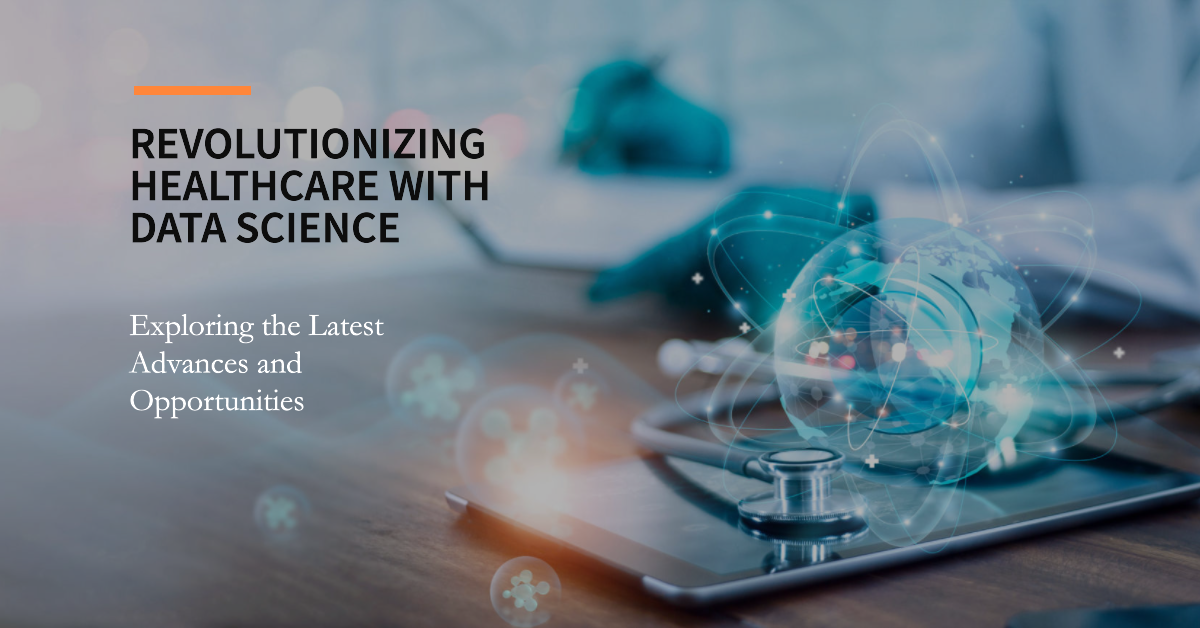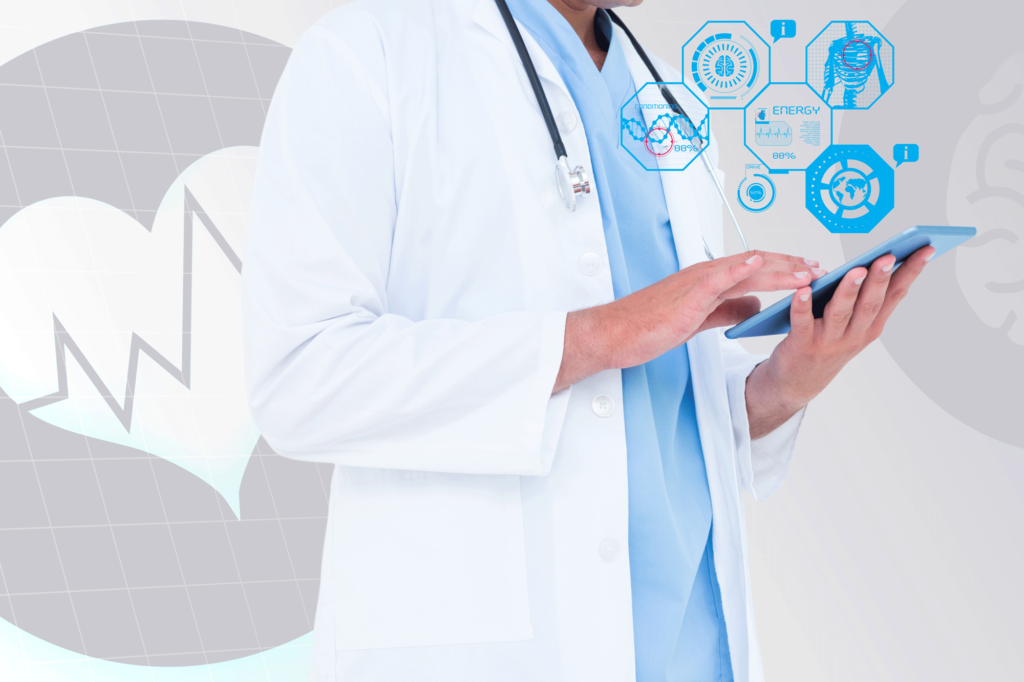
Data science in healthcare: Advances and opportunities
Introduction
In the dynamic landscape of healthcare, the intersection of data science and medical practices has ushered in a new era of possibilities. The term “La ciencia de datos en la atención médica” refers to the science of data in healthcare, and its advances present numerous opportunities for improving patient outcomes and transforming the industry.
Historical Context
The evolution of data science in healthcare traces back to its humble beginnings. From basic statistical analyses to the sophisticated algorithms of today, the journey has been marked by key milestones and innovations that have shaped the current landscape.
Applications of Data Science in Healthcare
Predictive Analytics: Data science empowers healthcare professionals to predict disease outbreaks, patient admissions, and treatment responses, allowing for proactive and personalized care.
Disease Diagnosis and Prevention: Advanced algorithms aid in quicker and more accurate diagnosis, leading to timely interventions and preventive measures.
Treatment Personalization: Tailoring treatments based on individual patient data ensures more effective and personalized healthcare plans.
Patient Experience Improvement: Data science plays a crucial role in enhancing the overall patient experience, from streamlined appointments to personalized communication.
Challenges in Implementing Data Science in Healthcare
Data Security Concerns: As healthcare data becomes increasingly digitized, ensuring robust security measures is paramount to protect sensitive patient information.
Integration with Traditional Healthcare Systems: Bridging the gap between existing medical practices and cutting-edge data science tools poses challenges that require thoughtful integration strategies.
Ethical Considerations: Balancing the benefits of data-driven decision-making with ethical considerations, such as patient consent and privacy, remains a critical aspect of implementation.
Breakthroughs in Data Science and Healthcare
AI and Machine Learning Advancements: The synergy between artificial intelligence and healthcare has led to breakthroughs in diagnostics, drug discovery, and treatment optimization.
Real-Time Monitoring and Analysis: Continuous real-time monitoring of patient data allows for immediate response to changes in health status, revolutionizing patient care.
Precision Medicine Success Stories: Personalized treatment plans based on genetic and lifestyle factors have resulted in remarkable success stories, showcasing the potential of precision medicine.
Opportunities for Growth
Emerging Technologies: Continued advancements in technologies like blockchain, Internet of Things (IoT), and 5G open new possibilities for data science applications in healthcare.
Collaborations between Data Scientists and Medical Professionals: Fostered collaboration between data scientists and healthcare professionals is essential for leveraging the full potential of data-driven healthcare solutions.
Potential Impact on Public Health: The widespread adoption of data science in healthcare has the potential to positively impact public health on a global scale, addressing health disparities and improving overall well-being.
Case Studies
Successful Implementations of Data Science in Healthcare: Explore real-world case studies where data science has significantly contributed to positive patient outcomes and operational efficiency.
Positive Outcomes and Lessons Learned: Reflect on the positive outcomes achieved through data science implementations, highlighting key lessons learned in the process.
Future Prospects
Predictions for the Future of Data Science in Healthcare: Delve into expert predictions regarding the continued evolution of data science in healthcare and its potential transformative effects on the industry.
Potential Transformations in Medical Practices: Explore how data science may shape the future landscape of medical practices, from diagnostics to treatment modalities.

Conclusion
In conclusion, “La ciencia de datos en la atención médica” stands at the forefront of healthcare innovation. The seamless integration of data science has the potential to revolutionize patient care, improve outcomes, and reshape the way medical professionals approach their practices. As we embrace these advancements, it is crucial for professionals in both data science and healthcare to collaborate, ensuring a harmonious and ethical evolution of the field.
FAQs
How is data science contributing to personalized medicine? Data science enables the analysis of individual patient data, allowing for the customization of treatment plans based on unique genetic and lifestyle factors.
What challenges do healthcare organizations face in implementing data science solutions? Challenges include data security concerns, integration with traditional systems, and ethical considerations surrounding patient privacy.
Can data science really predict disease outbreaks? Yes, through predictive analytics, data science can analyze patterns and trends to forecast disease outbreaks, enabling timely preventive measures.
How are AI and machine learning changing the landscape of healthcare diagnostics? AI and machine learning advancements have led to more accurate and efficient diagnostics, accelerating the identification of diseases and treatment recommendations.
What is the potential impact of data science on global public health? Data science has the potential to address health disparities, improve healthcare access, and positively impact public health on a global scale.
